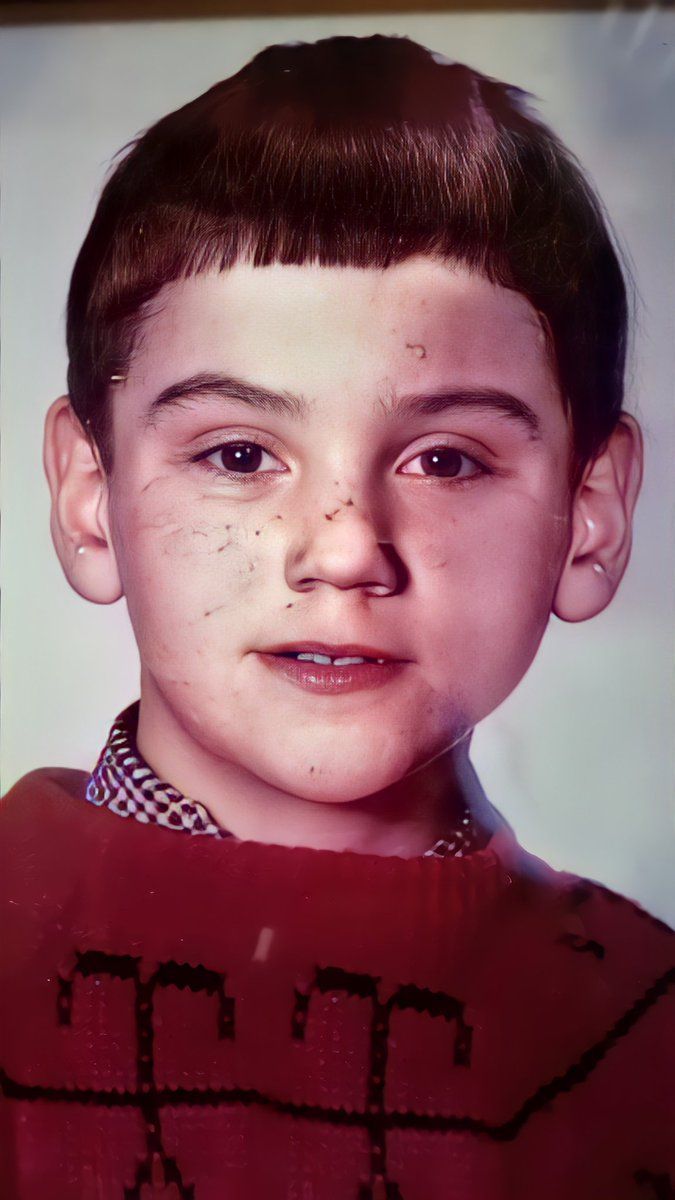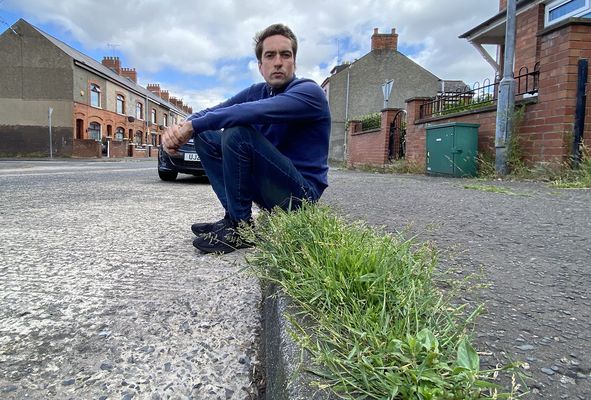A NEW inquest into the 1975 death of a 10-year-old West Belfast boy killed by a plastic bullet has further exposed the British state's treatment of West Belfast nationalists as a "suspect community", says a leading local solicitor.
Stephen Geddis suffered a head injury after British soldiers fired plastic bullets at a crowd of children in the Albert Street area on August 29, 1975. He died in hospital the next day.
Coroner Paddy McGurgan began hearing a new inquest into the case in August, with the final day of evidence heard on Friday past (February 11).
The inquest revealed shocking new evidence including a note written on a British Army operational report which mocked Stephen's death, stating that he was "Comfortable! In his coffin!"
An original inquest held in January 1976, when no civilian witnesses were called, returned a verdict of “misadventure”.
Last week's inquest heard evidence that a detective in charge of reinvestigation in 1995 claimed that new civilian evidence was "tainted" and that witnesses were "anti-British in their attitude".
Padráig Ó Muirgh, solicitor for the Geddis family, described previous investigations as "deeply flawed".
He said "inhumane and deeply offensive" comments made by the British Army, and subsequent investigative failings, were indicative of attitudes that saw the people of West Belfast treated as a 'suspect community'.
"These comments are deplorable and it's just another insight into the mindset of the army at that particularly time and how they treated this community," added.
"The lower Falls and Divis community were treated as a suspect community. We saw similar examples of this at the Ballymurphy Inquest as well. In August 1971 they had a similar view of the Ballymurphy community."
The inquest into Stephen's death had proved there was "no sound legal reason" for the rejection of civilian accounts of the shooting, added Mr Ó Muirigh.
"In one fell swoop they dismissed an entire set of civilian witnesses and they gave no reason whatsoever as to why they set aside the statements and questioned their credibility," he said.
"There was absolutely no sound legal reason for that. One of the senior officers, when he was in the stand last week, could offer no explanation when this was put to him by counsel for the family.
"The British Army in the immediate aftermath had a particular view of this community and this family. 20 years later in a reinvestigation by the RUC we have the same mindset that totally dismisses any response from that community.
"It shows how important it is that we deal with these legacy issues now. We hear spokespersons for the British Government and army veterans saying that these matters have been investigated thoroughly before and that they should not be looked at again. The evidence is very much to the contrary."








